Retinol Skincare Products With Fewer Side Effects Are All The Rage
Many view retinol as royalty in the skincare world for its effective, smoothing properties. For others, it’s synonymous with red, achy, flaky skin.
Now a fresh bunch of products on store shelves claim to deliver results with few or no side effects.
This renewed interest in retinol has already translated into sales. As of November 2018, the anti-aging category was up 13% compared with the previous 12 months, according to market research firm NPD. It also reported a boost in sales of more than 25% at specialty retailers such as Sephora and Ulta Beauty in 2018.
“Now instead of going to the dermatologist for prescription Retin-A, you can get some great results with products containing retinol in the drugstore,” says Patty Bell, a licensed esthetician and makeup artist based in Pittsburgh. “Everyone wants to look their best these days, men included, and I think social media, celebrities and influencers play a huge role in that.”
So what’s so special about these new over-the-counter options?
“Scientists have had some success with circumventing this irritation via plant-based retinols,” says Liz Quesnelle, a licensed esthetician who sells luxury and indie beauty and skincare selections on her website, thegildedgirl.com.
Traditional retinoids and retinoic acid — the ones often associated with peeling and redness — are derived from eggs, milk and other animal products. This new generation of retinols come from carotenoids, the organic pigments from algae and plants that give pumpkins, carrots and other veggies their color. The body converts them to Vitamin A, which needs fats to be effective. So these products also contain nut and seed oils that are high in fatty acids and nourishing to the skin.
While traditional retinols are stronger — and arguably more effective — carotenoid-based ones are a better choice for those with sensitive skin or people undergoing cancer treatment, Ms. Quesnelle says.
Another retinol alternative that’s been picking up in popularity is Bakuchiol. It’s an antioxidant compound that comes from the babchi plant in India. It’s also used in Chinese medicine because of its anti-inflammatory and antimicrobial properties.
Some beauty insiders say that the uptick in sales of all retinol-related products is because they do their job.
“Consumers have tried using the latest, greatest, trendiest new ingredients and have realized that none of them work as well as retinols,” Ms. Quesnelle says.
Whichever retinol product you use, experts suggest slowly incorporating it into a skincare regimen.
“The current thought is ‘a little is good, more must be better’ — not true,” says Brett Freedman, a Los Angeles-based makeup artist who’s from Monroeville. “You don’t want to be hitting your skin with a sledgehammer.”
He recommends using retinol products every couple of nights for the first two weeks to see how your skin responds. This gives skin a chance to adapt, he says. “You’ll be able to use it more often over time.”
People with sensitive skin should avoid harsh scrubs at first because they may further irritate skin while it’s getting used to a new product.
“The bottom line is that it’s never too late to start taking care of your skin. Proper cleansing, toning and moisturizing leads to healthy-looking skin,” Ms. Bell says. “And don’t forget the sunscreen.”
Sara Bauknecht: sbauknecht@post-gazette.com or on Twitter and Instagram @SaraB_PG.
- Gilded Girl

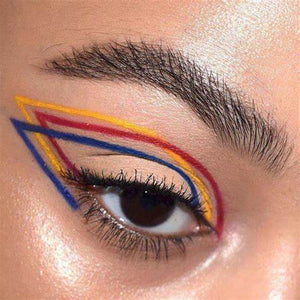
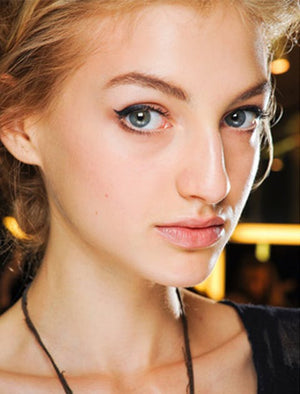
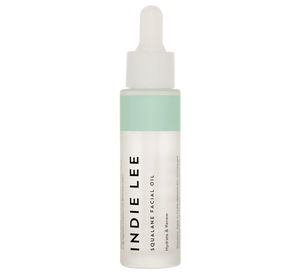
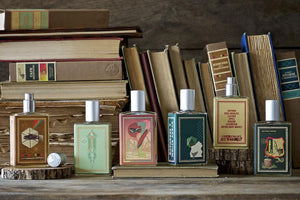
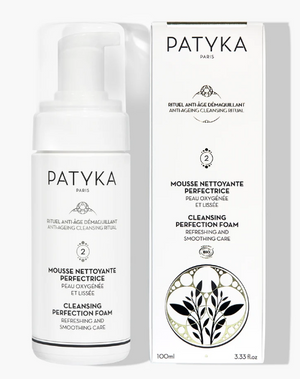
Comments 0